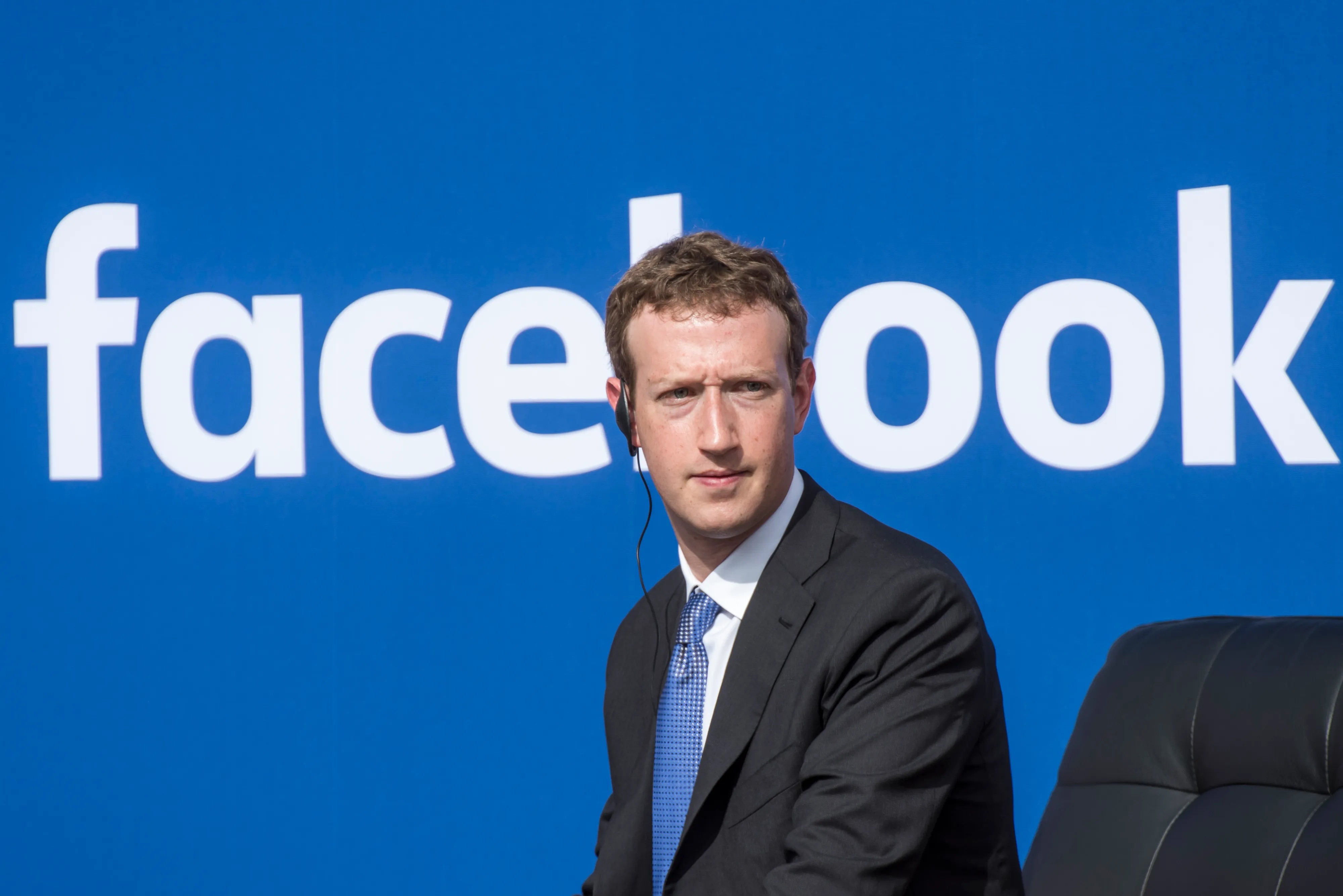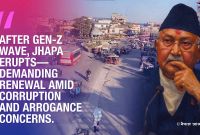Nepal's Social Media Standoff: Registration Deadline Passes for Facebook, X as Censorship Fears Simmer

KATHMANDU, NEPAL – The deadline set by Nepal's Ministry of Communication and Information Technology (MoCIT) for social media platforms to register locally has now passed, leaving major players like Meta (Facebook, Instagram, WhatsApp) and X (formerly Twitter) unregistered and facing an uncertain future in the Himalayan nation. While the government insists the move is about regulation and accountability, critics and digital rights advocates question if it masks a deeper intent towards content control and censorship.
The MoCIT had given platforms until Baishakh 7 (mid-April) to comply with the "Directives on the Operation of Social Networking Sites, 2080 (2023)," initially issued late last year. Despite multiple communications attempts by the Ministry, tech giants Meta and X have remained unresponsive, according to ministry officials. So far, only TikTok, Viber, and the locally developed WeTalk (registered under Saransha Media Lab) have completed the registration process.
Ministry spokesperson Gajendra Kumar Thakur stated the primary goal is regulatory compliance. "Our request is for them to register under the Ministry and assist in regulation," Thakur told BBC Nepali Service. "We want their cooperation in investigations involving breaches of our laws and help in removing content that violates our laws. That's all we want." He added that tackling the spread of misinformation, a global challenge, is a key concern.
However, the government's stance has been more forceful at times. Information Minister Prithvi Subba Gurung previously issued stark warnings, stating that platforms failing to register by the deadline would be shut down. While ministry officials now suggest a ban is a "last resort," the threat looms large.
Facebook's Unique Position: Tax Compliant, But Operationally Unregistered
Complicating the narrative is Facebook's existing compliance in another area. Meta is already registered with Nepal's Inland Revenue Department (IRD). This registration facilitates the collection of a 13% Value Added Tax (VAT) on services like content boosting and advertising purchased by Nepali users and businesses – a significant revenue stream. This demonstrates a capacity and willingness to engage with Nepali regulations, at least for fiscal purposes. The current standoff pertains specifically to the MoCIT's broader operational registration requirements under the new directive.
Facebook's Deep Roots in Nepal
Any move against Facebook would have significant repercussions. The platform, along with WhatsApp and Instagram, dominates Nepal's social media landscape, with estimates suggesting Meta platforms hold around 80% of the user base. It's not just a space for personal connection; it's a vital tool for:
- Businesses: Small and medium enterprises heavily rely on Facebook for marketing and customer engagement.
- Information Dissemination: Government bodies, news outlets, and civil society organizations use it extensively. Even disaster information systems leverage the platform.
- Political Discourse: Facebook is a primary communication channel for nearly all major political figures. Users include current former Prime Minister Pushpa Kamal Dahal "Prachanda", Prime Minister and UML Chairman KP Sharma Oli, Nepali Congress President Sher Bahadur Deuba, and countless other ministers and parliamentarians. Shutting down Facebook would silence a key platform used by the very government demanding its registration.
Regulation or Censorship? The Core Question
The government's directive requires registered platforms to establish a local contact point or office and appoint a grievance officer. While seemingly practical for handling user complaints regarding issues like defamation or privacy violations, the undertones of content control worry observers.
Minister Gurung's earlier threats to "shut down" non-compliant platforms fuel these censorship concerns. While officials like Thakur emphasize collaboration on illegal content, the line between legitimate regulation and politically motivated censorship can be thin. Will the government attempt to dictate which content is permissible beyond clear legal violations?
Digital rights advocate Santosh Sigdel highlights the lack of dialogue. "Stakeholder consultation is essential when creating policy in this era," Sigdel noted, questioning whether the government understands why major platforms are hesitant and emphasizing the need for transparency from both sides.
Can the Government Actually Ban Facebook?
Technically, the government could likely block access through internet service providers. Legally, the directive provides the basis for such action. However, the practical and political fallout makes it a high-risk move.
"Shutting it down abruptly doesn't seem easy," Sigdel argues. "Considering the prevailing public frustration and the current socio-political climate, a ban could be counterproductive." He points to the platform's role in communication (especially with the large Nepali diaspora), economic activity, and even government outreach. "I don't think the government can handle the widespread backlash a ban would provoke." Some speculate that Meta might be calling the government's bluff, believing Nepal lacks viable alternatives and won't risk alienating millions of users and disrupting communication channels.
Conclusion: Compliance vs. Control
The situation highlights a critical tension. If the registration demand is purely about establishing a legal presence, ensuring tax compliance (which Facebook already does for VAT), and having a point of contact for legitimate grievances under Nepali law, then platforms arguably have a responsibility to comply, as they do in many other jurisdictions. International companies operating within a country are generally expected to adhere to its legal framework.
However, if the underlying motive leans towards enabling government censorship or exerting undue control over online discourse, the resistance will likely be fierce – not just from the tech companies, but from the Nepali public who rely heavily on these platforms for connection, information, and commerce. Social media platforms already employ their own content moderation systems, and imposing state-level censorship is technically challenging and democratically questionable. The coming weeks will reveal whether this is a genuine effort towards modern regulation or a step towards a more controlled internet in Nepal.
Facebook




![From Kathmandu to the World: How Excel Students Are Winning Big [Admission Open]](https://nepalaaja.com/img/70194/medium/excel-college-info-eng-nep-2342.jpg)


